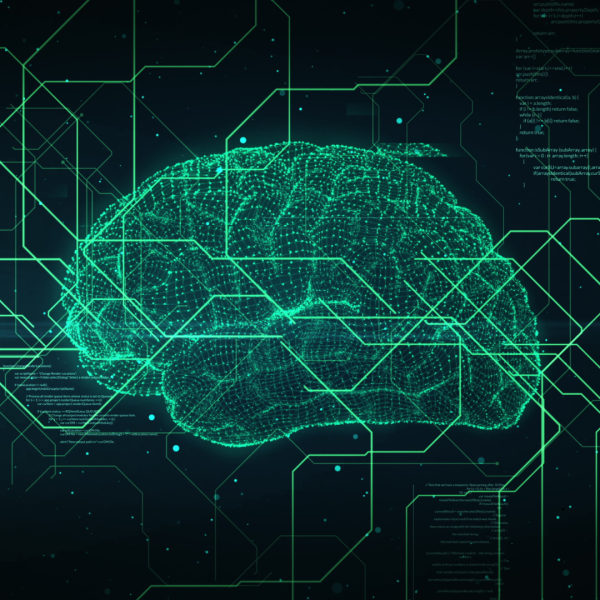The world is abuzz with the potential of artificial intelligence (AI). From self-driving cars to personalized recommendations, AI is weaving its way into our lives, promising efficiency and convenience. But beneath the surface of this technological marvel lies a complex web of ethical considerations that we must carefully untangle. It's a journey that mirrors the intricate narratives of Studio Ghibli, a Japanese animation studio renowned for its whimsical stories that often delve into the complexities of human nature and the delicate balance of our world.
One of the most pressing concerns is the potential for AI to exacerbate existing inequalities. Imagine a world where AI-powered algorithms, trained on biased data, perpetuate societal prejudices, leading to unfair hiring practices, discriminatory loan approvals, and even biased law enforcement. This echoes the themes of social injustice and discrimination that often run through Ghibli's films, such as "Princess Mononoke," where the conflict between humans and nature exposes the flaws in human society and the consequences of unchecked greed.
Another ethical challenge is the potential for AI to displace human jobs. As AI becomes more sophisticated, it can automate tasks that were once performed by humans, leading to job losses and economic instability. This mirrors the fear of technological advancement that permeates Ghibli's "Castle in the Sky," where the protagonist, Sheeta, is hunted for a powerful crystal that could revolutionize technology but also threaten the delicate balance of the world.
Furthermore, the potential for AI to be used for malicious purposes raises serious ethical concerns. Imagine a world where AI-powered weapons systems are deployed, capable of making life-or-death decisions without human intervention. This chilling scenario echoes the themes of war and destruction explored in Ghibli's "Grave of the Fireflies," a poignant story that underscores the devastating consequences of human conflict.
However, the ethical considerations surrounding AI are not solely confined to its potential for harm. There are also ethical concerns related to the development and use of AI itself. For example, the use of AI in surveillance systems raises concerns about privacy and civil liberties. This echoes the theme of government surveillance and control explored in Ghibli's "Nausicaä of the Valley of the Wind," where the protagonist battles against a totalitarian regime that seeks to control the environment and its resources.
Moreover, the use of AI in creative industries, such as filmmaking and music composition, raises questions about authorship and originality. When AI generates content, who deserves credit? Is it the programmer who created the algorithm, or the AI itself? This complex question echoes the themes of creativity and artistic expression explored in Ghibli's "My Neighbor Totoro," where the characters' imaginations and connection with nature inspire a sense of wonder and joy.
As we navigate this complex ethical landscape, we must remember that AI is a tool, and like any tool, it can be used for good or for evil. The ethical considerations surrounding AI are not merely technical challenges; they are fundamentally human challenges. They require us to confront our own values, biases, and aspirations as we strive to create a future where AI serves humanity, not the other way around.
The magic of Ghibli's films lies in their ability to capture the complexities of human nature and the delicate balance of our world. They remind us that technology, like the wind, can be a powerful force for good or for destruction, and it is our responsibility to ensure that it serves humanity's highest aspirations. As we embark on the journey of AI, let us draw inspiration from Ghibli's timeless stories, embracing the potential of this transformative technology while remaining vigilant about its ethical implications.

